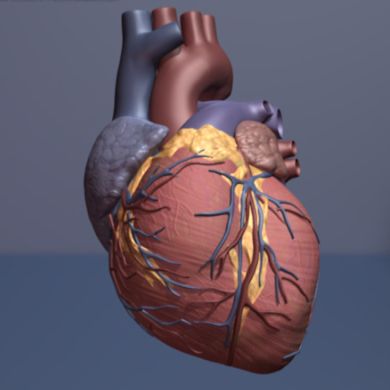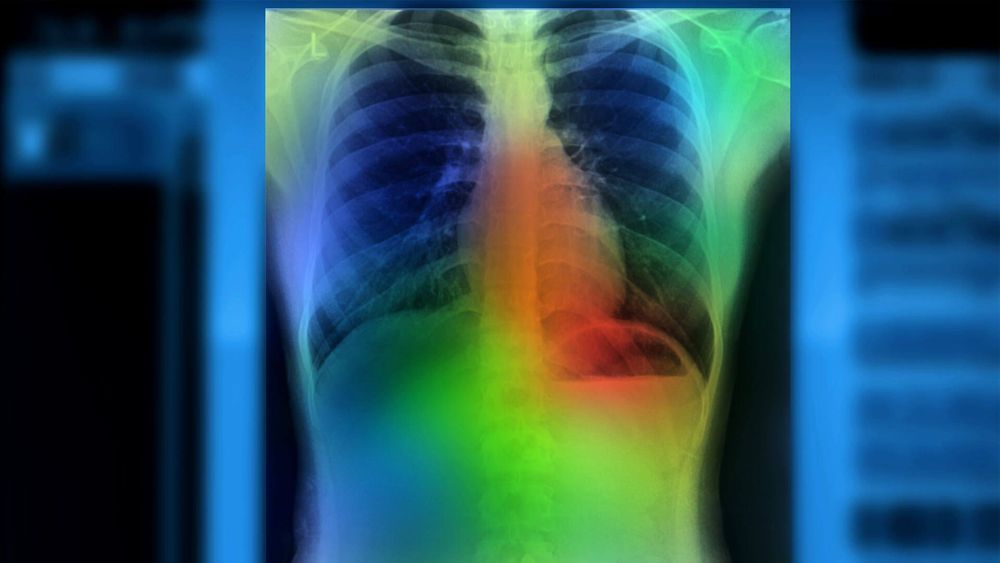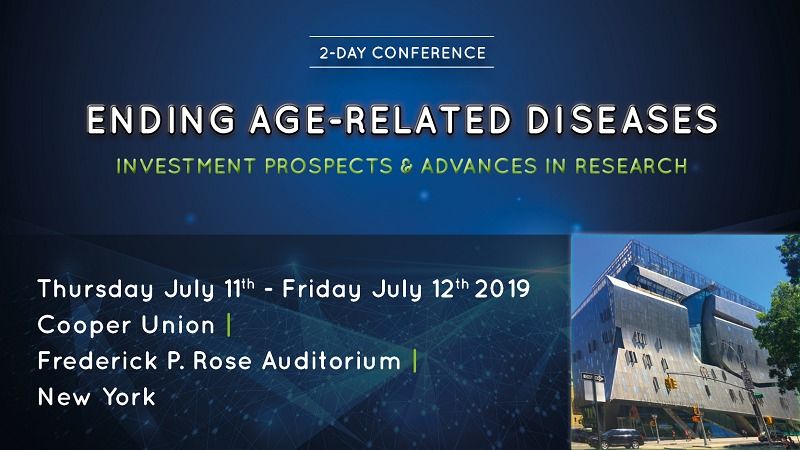In a recent study, researchers have explored senescence-related proteins and protein interactions in cataracts, a leading cause of visual impairment and blindness in older adults.
Cataracts are characterized by the clouding of the lens in the eye, which leads to impaired vision. Cataracts generally develop slowly and can affect either one or both eyes at the same time. Cataract symptoms typically include faded colors, blurry or double vision, halos around light, trouble with bright lights, and difficulty seeing at night.
By analyzing proteins and their interactions, these researchers aim for a full understanding of this condition, showing that multiple biomarkers associated with aging rise during the formation of cataracts. Typically, p53, a well-known biomarker for the presence of senescent cells, is seen to rise along with transforming growth factor-beta1 (TGF-β1), another biomarker commonly associated with inflammation when encountered in high amounts. During the development of cataracts, the number of senescent cells rises, as this research shows.








